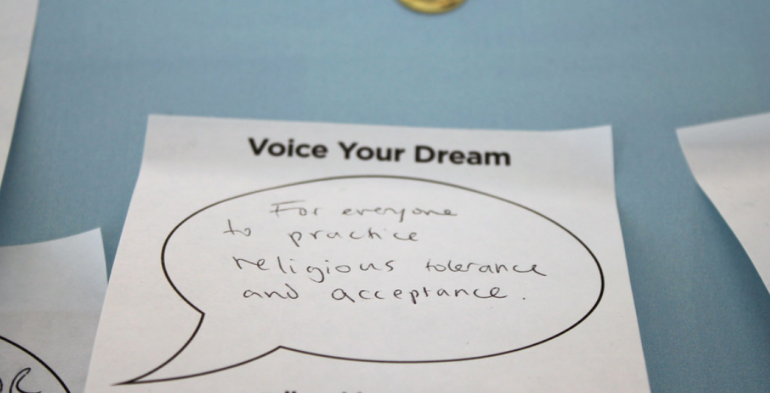Indian Court uphold Minority Rights, endorses Religious Tolerance

In an atmosphere of increasing animosity towards religious minorities by right-wing groups in India, the Madras High Court in Tamil Nadu state recently delivered a judgment stressing the need for religious tolerance towards other religious practices.
The Madras High Court in Tamil Nadu state in India, in a recent judgment, spoke about the need to show tolerance towards other religious practices.
The Court was dealing with a written petition from a Hindu man challenging the permission granted by the Kanyakumari District Collector granted to construct a church. The petitioner complained of 'nuisance through the use of loudspeakers day and night.
The court refused to withdraw permission to build the church and reminded the petitioner, Paulraj, a Hindu, that “one of the basic tenants to be followed by every Hindu is tolerance.”
Judge C. V. Karthikeyan, in his 10-page order delivered on January 10, observed that “there is also a temple in that particular residential area.”
He reminded the petitioner of the preamble of the Indian constitution, which stated that the state shall not discriminate against any citizen on the grounds of religion, race, caste, sex, or place of birth.
"The petitioner should learn to live with everybody else around him. This country takes pride in unity in diversity. There cannot be diversity in unity. The petitioner should accept the group of people living across and around with him. He should also accept that people of various faith and various caste, creed and religion are given rights under the constitution. The country is a secular country recognizing the practice of religion. The petitioner cannot make a complaint against the same", the judge noted.
The court observed that the district collector had examined all aspects and granted permission to put up the church or convert the existing house into a church.
“It is the duty of every citizen to promote harmony and the spirit of common brotherhood amongst all the people of India transcending religious, linguistic and regional or sectional diversities; to renounce practices derogatory to the dignity of women,” the judge said.
The court also took note of the use of loudspeakers by the group of Christians. It directed government officials to impress upon the church owners and practice tolerance and respect, and that the use of loudspeakers may not be required for God to hear the prayers.
The Court said that if the authorities succeed in impressing the person who built the church to practice tolerance and respect, "then sense and sensibility would prevail over pride and prejudice.”
Radio Veritas Asia (RVA), a media platform of the Catholic Church, aims to share Christ. RVA started in 1969 as a continental Catholic radio station to serve Asian countries in their respective local language, thus earning the tag “the Voice of Asian Christianity.” Responding to the emerging context, RVA embraced media platforms to connect with the global Asian audience via its 21 language websites and various social media platforms.














